A Manifesto for Smart Citizens
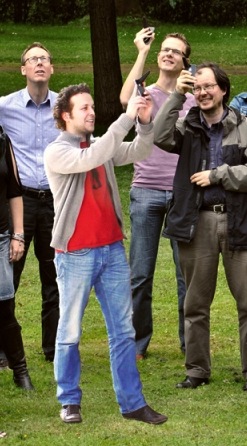
We, citizens of all cities, take the fate of the places we live in into our own hands. We care about the familiar buildings and the parks, the shops, the schools, the roads and the trees, but far more about…

We, citizens of all cities, take the fate of the places we live in into our own hands. We care about the familiar buildings and the parks, the shops, the schools, the roads and the trees, but far more about…
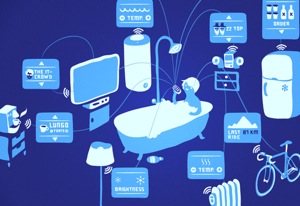
In this article for UX Magazine, Avi Itzkovitch explores the opportunities the Internet of Things presents to designers. Because the smart fridge is the cliché people usually refer to when discussing the Internet of Things, he uses this mythical smart…
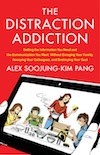
Our technologies are designed to maximize shareholder profit, and if that means distracting, confusing or aggregating the end-user, then so be it. But another path is possible, argues Alex Soojung-Kim Pang in his new book The Distraction Addiction: Getting the…

A few days ago Experientia’s latest collaboration with Korea’s Design Center Busan wrapped up, as 21 South Korean students completed a summer study program in Turin. Experientia ran a creative workshop for the students, titled “Barely legal, but very nice!…
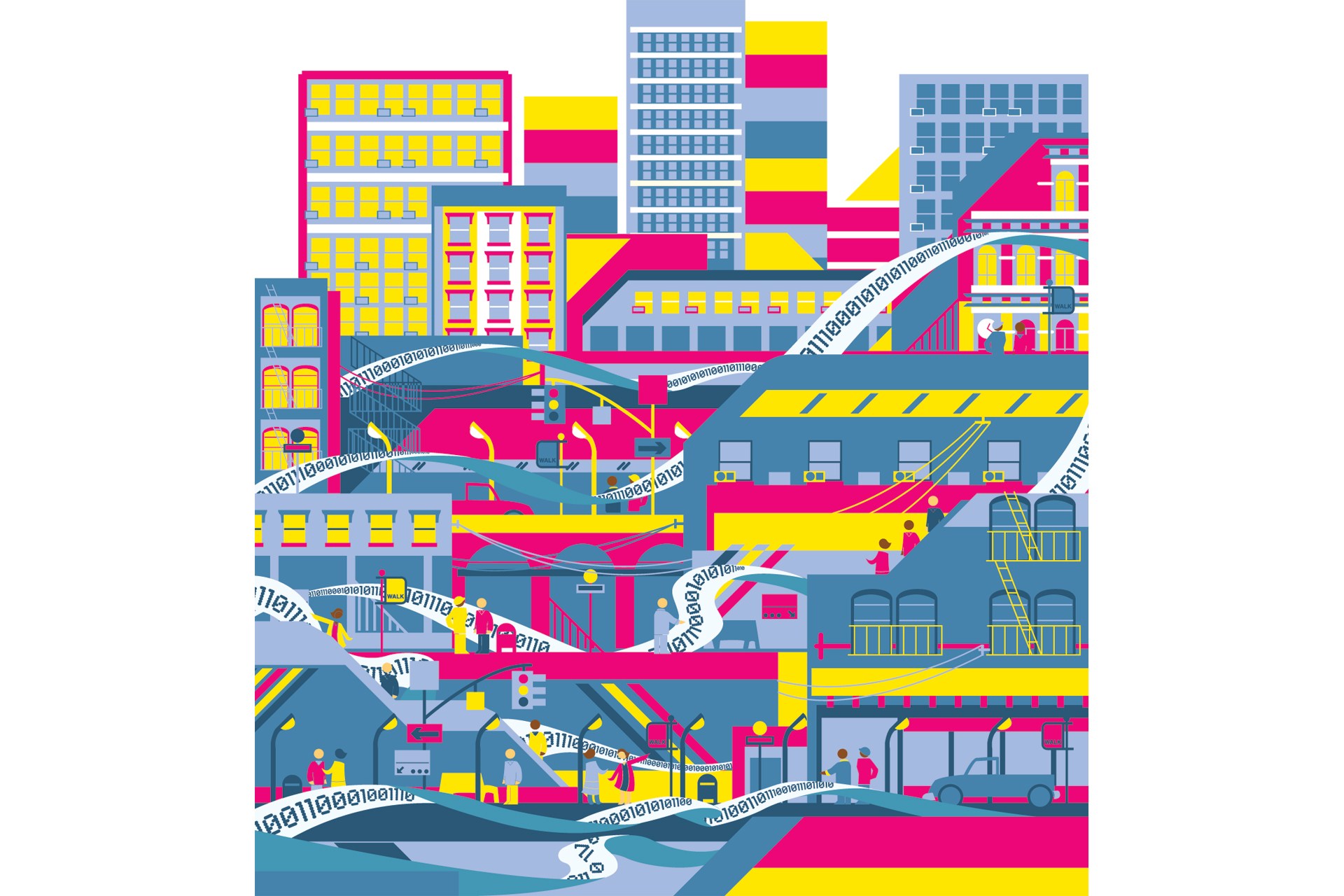
No matter what attempts are made to impose order and predictability on cities of the near future, a messiness will inevitably arise, argues Usman Haque. “Grub City citizens recognise it’s through the activity of measurement, not passive interpreting of data,…
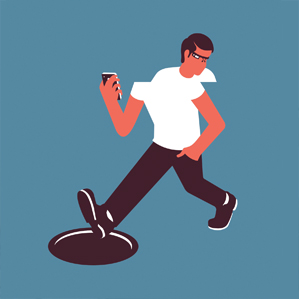
Can wearable devices augment our activities without distracting us from the real world, asks Don Norman in an article just published in the MIT Technology Review. “In the end, wearable technologies will either be able to augment our experiences, and…

So who else is putting people first? Microsoft‘s new smart cities initiative! “Cities play a vital role in our lives – both now and in the future. Microsoft’s CityNext initiative puts people first and builds on this new era of…

Interaction 14 just announced its first keynote speakers: Saskia Sassen is someone to look forward to. A sociology professor at Columbia University, she is known for her critical and thought provoking thinking on a wide variety of themes that are…

Intel and its team of futurologists and anthropologists have a vision of a world where the technology is not an adjunct (as the mobile phone or the tablet is now) but embedded in our lives, generating and mining data in…

By 2050 there will be five billion urbanites but, with pressure on resources and climate disruption, how will cities cope? New technology and conceptual design will be vital, says Emma Stewart, head of sustainability solutions at Autodesk. “If we play…

To be sure, big tech can zap some city weaknesses. But, argues Alec Appelbaum, many urban problems require a decidedly different approach. “The answers that make cities run more smoothly only inadvertently end up being the ones that make cities…
During her keynote speech at the DataEdge conference, Kate Crawford, a researcher at Microsoft Research, identified what she calls “six myths of Big Data.â€: 1. Big Data is new 2. Big Data is objective 3. Big Data doesn’t discriminate 4.…
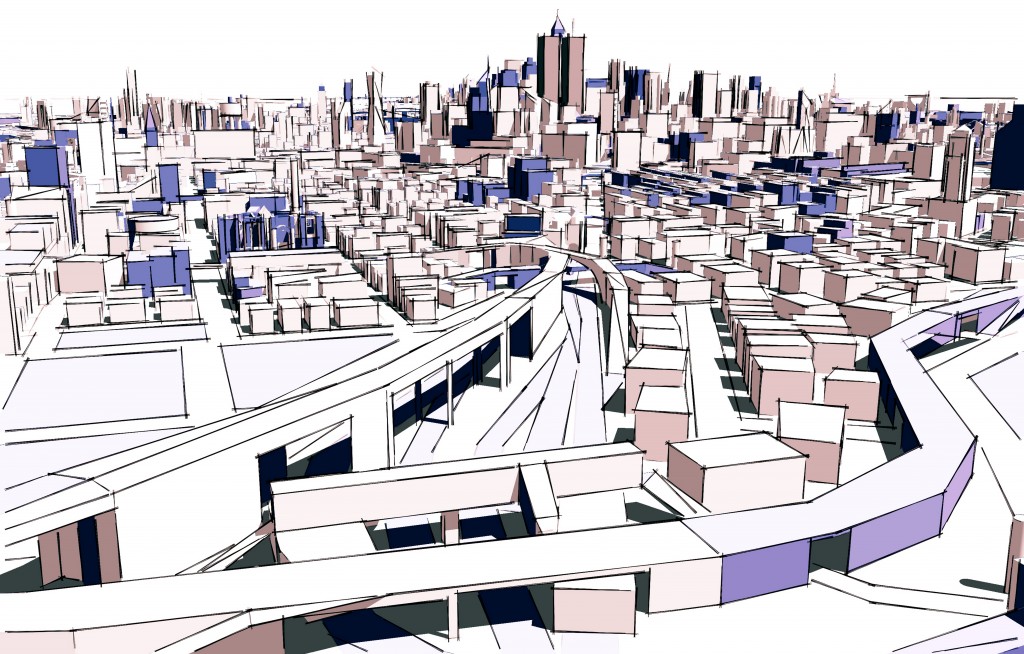
For future smart cities to thrive, it must be centred around people, not just infrastructure. This was the overwhelming message from a group of influential thinkers speaking at this year’s FutureEverything Summit. sustain’ went along to find out what smart-city…
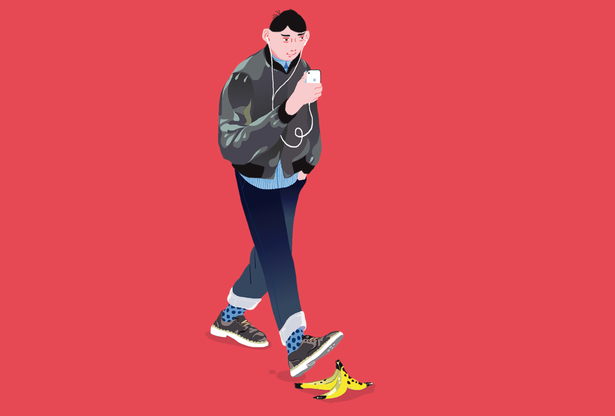
James Fallows of The Atlantic interviewed tech-industry veteran Linda Stone, coiner of the term “continuous partial attention,” on how to maintain sanity and focus in an insane, unfocused, always-on, hyperconnected world. “We all have a capacity for relaxed presence, empathy,…

Business agrees with governments — the more personal information they gather about us, the more “helpful†they can be. Should we give in to this “harmless†new science of benign surveillance, asks Steven Poole in The New Statesman. “Through Big…

Despite all the hoopla about an “open data†society, many consumers are being kept in the dark, writes Natasha Singer in The New York Times. “A few companies are challenging the norm of corporate data hoarding by actually sharing some…

In the coming years, there will be a shift toward contextual computing, writes Pete Mortensen of Jump Associates, defined in large part by Georgia Tech researchers Anind Dey and Gregory Abowd about a decade ago. “Always-present computers, able to sense…
“We have the technology to do anything. To make things happen you need to turn to design and redesign the context, the decision making and the question.†– Dan Hill, CEO of Fabrica, figured out that smart citizens are necessary…
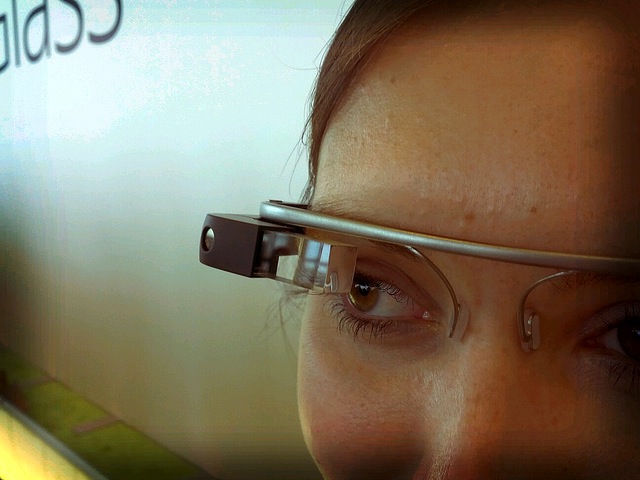
At the heart of the Smarter Cities movement is the belief that the use of engineering and IT technologies, including social media and information marketplaces, can create more efficient and resilient city systems. In an excellent blog post, Rick Robinson,…
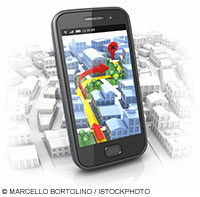
Brian David Johnson, Intel futurist, shows how geotags, sensor outputs, and big data are changing the future. He argues that we need a better understanding of our relationship with the data we produce in order to build the future we…